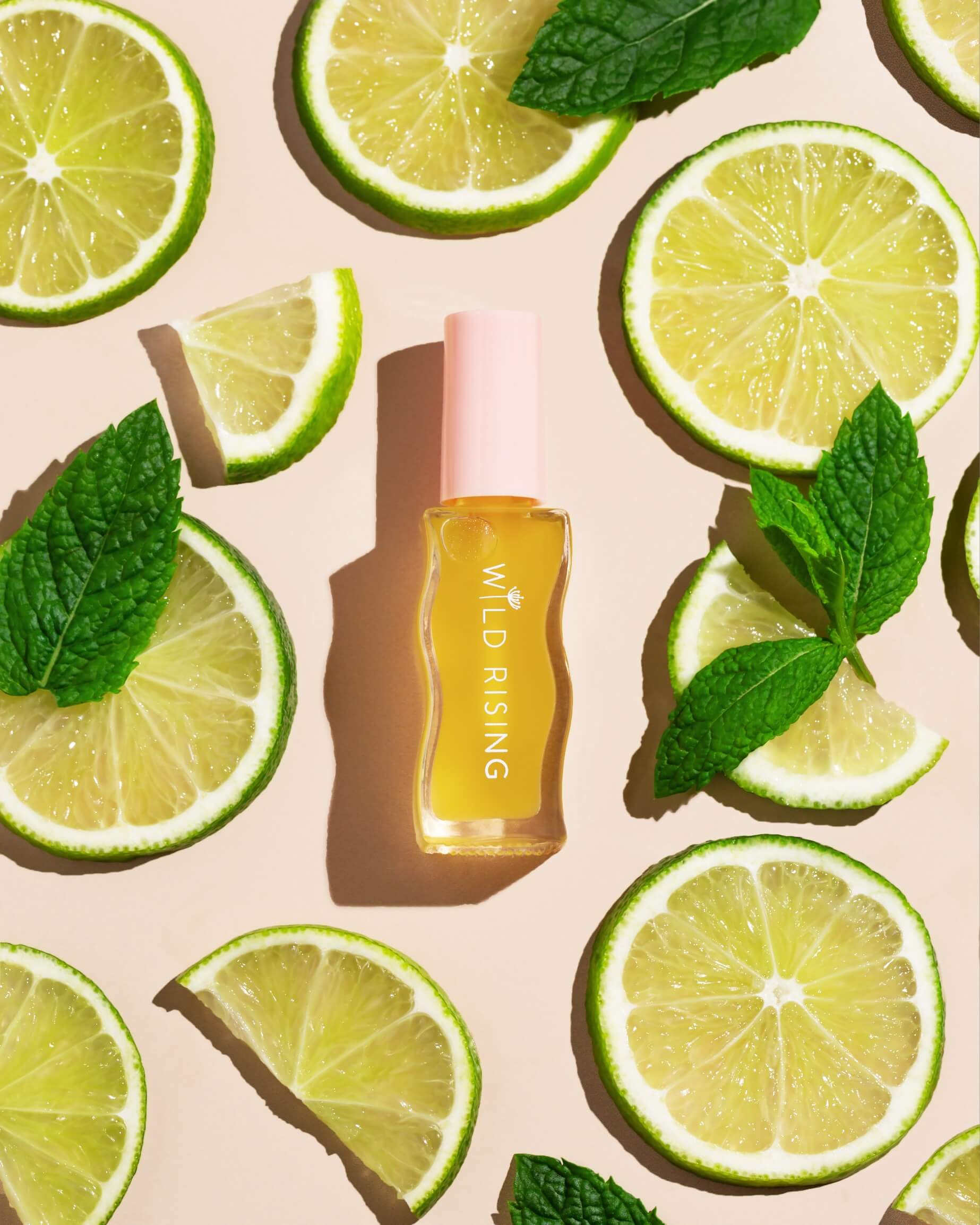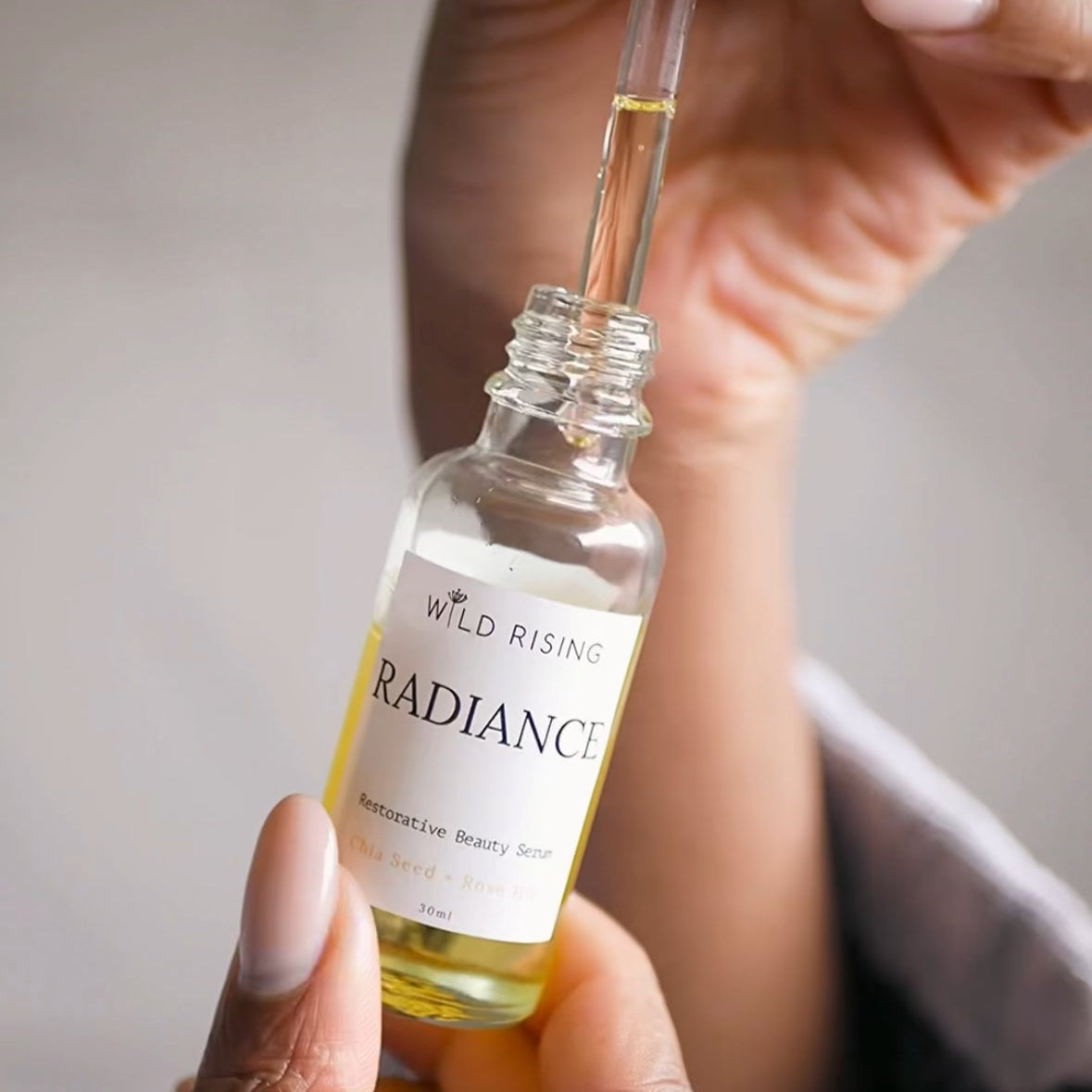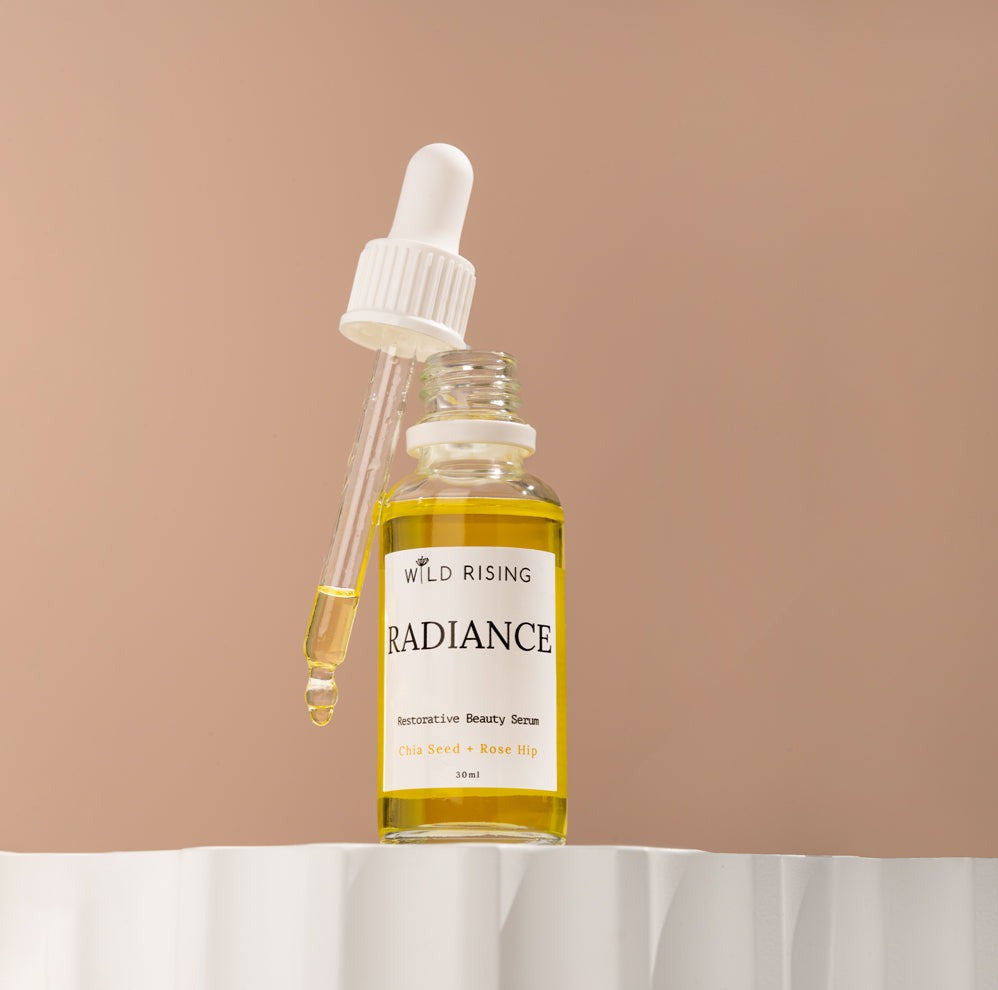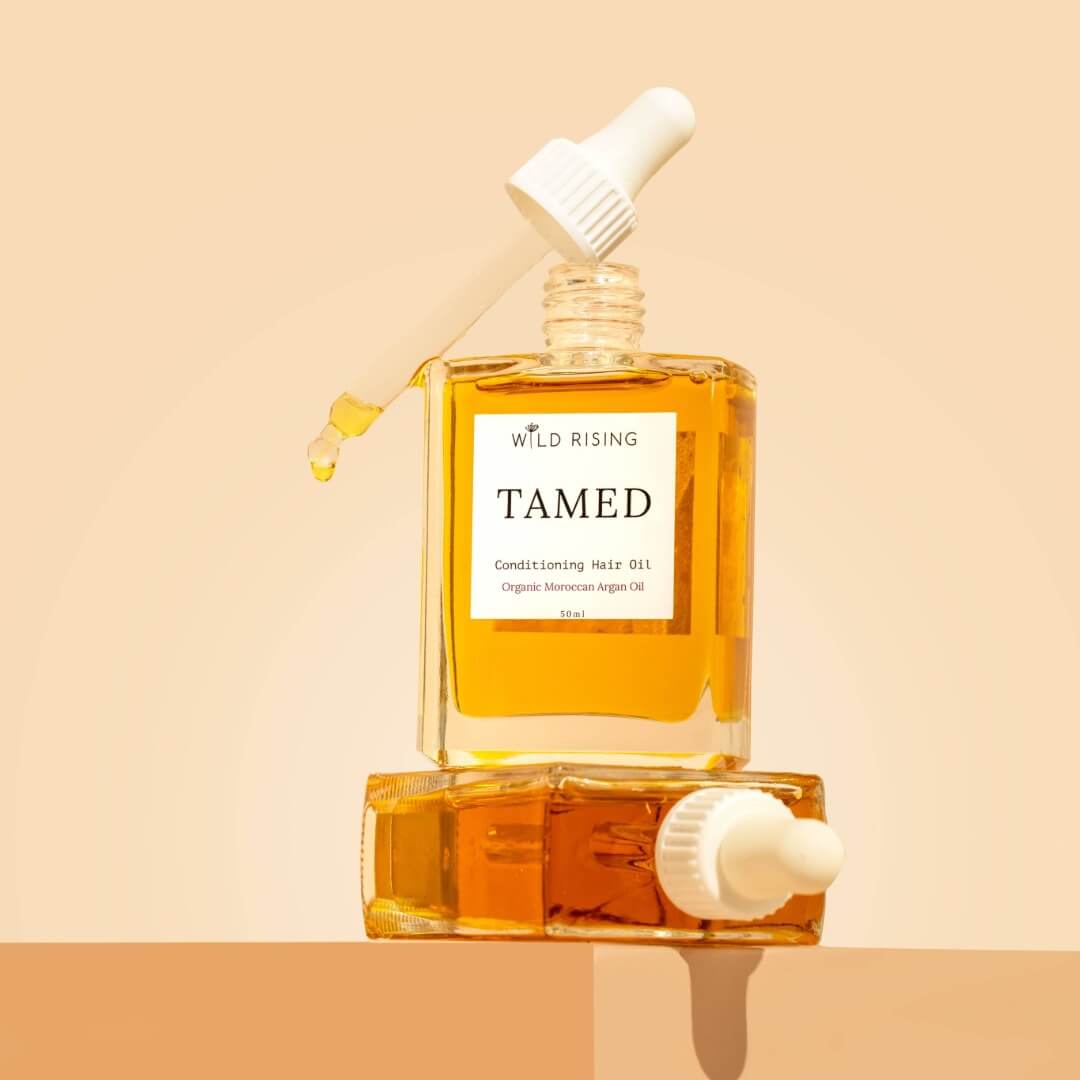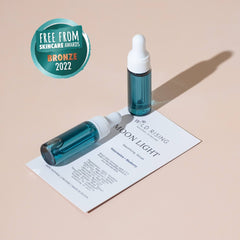Been on the search for skincare and seen the word Non-Comedogenic? The word 'non-comedogenic' has been floating around in the skincare world for a wee while now, but what does it really mean? Let us break it down for you so the next time you're on the shop for your natural beauty products you'll be able to use your new knowledge to your advantage.
Non-Comedogenic, what does it mean?
The word itself breaks down into "non" (meaning not) and "comedo" (meaning a blocked pore). Simply put, non-comedogenic products are designed to prevent the clogging of pores, reducing the risk of acne and breakouts.
What does comedogenic mean?
Well, exacty the opposite to non-comedogenic. Skincare and beauty products that contain comedogenic ingredients may lead to clogged pores, a big no no when trying to prevent breakouts.
What are comedones?
Comedone is the term used for pores that are blocked with excess oil (sebum), impurities, dead skin cells and bacteria (eww). While our pores vary in visibility, blocked pores appear as blackheads, whiteheads and tiny bumps on your skin that can become inflamed.
Top Tip: Mild exfoliation can do wonders for blocked pores, especially those weird little bumps you may experience under the skin that aren't quite a blackhead or even a whitehead. Try a natural exfoliating cleanser like our fruit powder cleansing grain, Bare. to gently buff the skin and release the trapped muck.
How do I know which ingredients are non-comedogenic?
You're completely safe here at Wild Rising Skincare, all our natural skincare products formulated for the face contain 100% non-comedogenic ingredients.
For ease, we have a section on our website specifically filtered for non-comedogenic products.
Below, is a list of ingredients to keep an eye out for, especially if you have particularly oily and acne prone skin.
A few non-comedogenic ingredients
- Hemp Seed Oil
- Sunflower Oil
- Grapeseed Oil
- Sweet Almond Oil
- Rose Water
- Witch Hazel
- Aloe vera
Ingredients that are comedogenic
Now, we are not saying to completely avoid comedogenic ingredients in your skincare products, however, if you have problematic skin and you are looking for ways to improve it, we would recommend avoiding comedogenic ingredients in your skincare and beauty products.
A few comedogenic ingredients
- Mango Butter
- Cacao Butter
- Coconut Oil
- Wheat Germ Oil
- Sodium Laureth Sulfate
- Shea Butter
- Beeswax
Which skin types are best suited for non-comedogenic formulas?
As we mentioned a couple of times, the skin types best suited for non-comedogenic products are:
- Oily skin
- Acne-prone skin
- Combination skin
For the above skin types, breakouts may occur more frequently, which is why we need to be careful not to clog or block pores.
The great news for your is that with our Acne Warrior Set, you can reduce acne inflammation, balance your oil production and repair the skin barrier whilst controlling the breakouts.
The set contains everything you need to address acne. You'll find our acne fighting hemp seed face oil in the set as well as our blackhead magnet, activated charcoal clay mask. All the ingredients that make up the Acne Warrior Set have a comedogenic rating of 0!
What is a comedogenic rating?
Basically, the comedogenic rating is what is used when to identify how likely ingredients are to clog the pores;
0 - Will Not Clog Pores
1 - Low probability
2 - Moderately Low
3 - Moderate
4 - Fairly High
5 - High probability it will clog pores
The Comedogenic Scale
So there we have it folks, anyone who is susceptible to acne breakouts should avoid highly comedogenic (3-5) ingredients. People with less problematic skin might not have any issues with ingredients with a ranking of 3. We would still suggest avoiding the numbers 4 and 5.
But remember, the comedogenic scale is not 100% gospel. Our skin may not react adversely to a certain ingredient, whereas another person’s skin may react with the same ingredient. There is no perfect science and since everyone’s skin is different, ingredients will impact different people in different ways.
Before you leave, check out our non-comedogenic skincare products, all with a rating of 0!
---------------------------------------------

